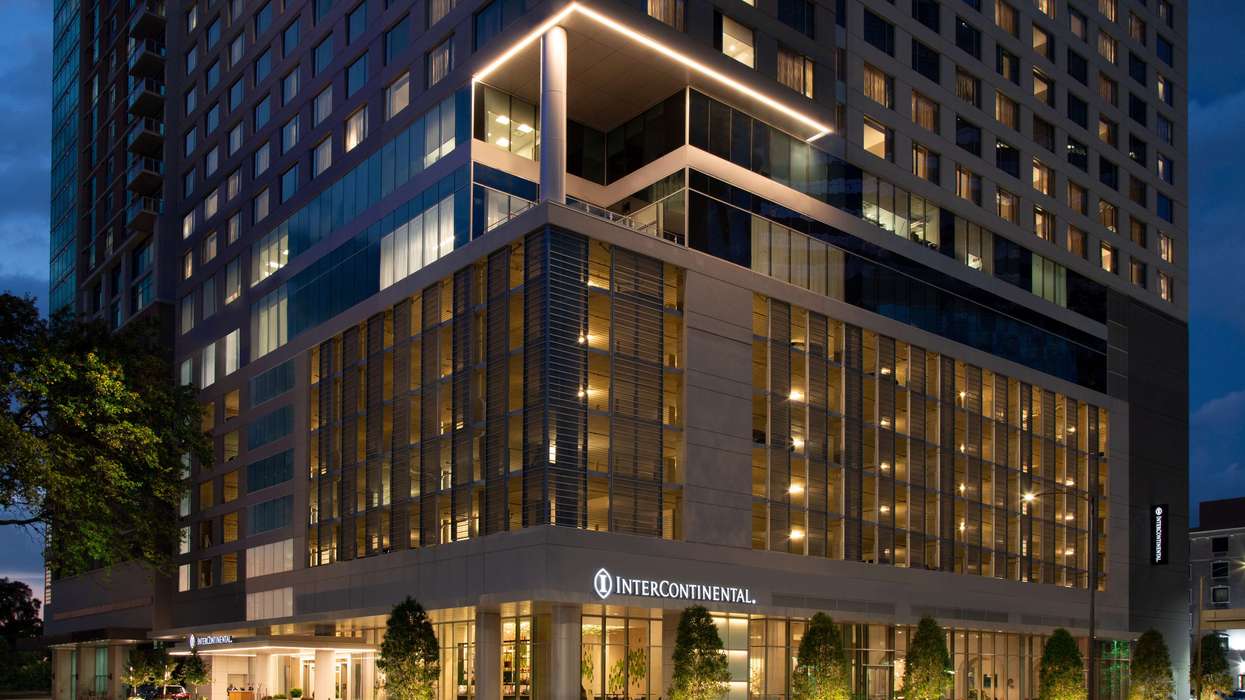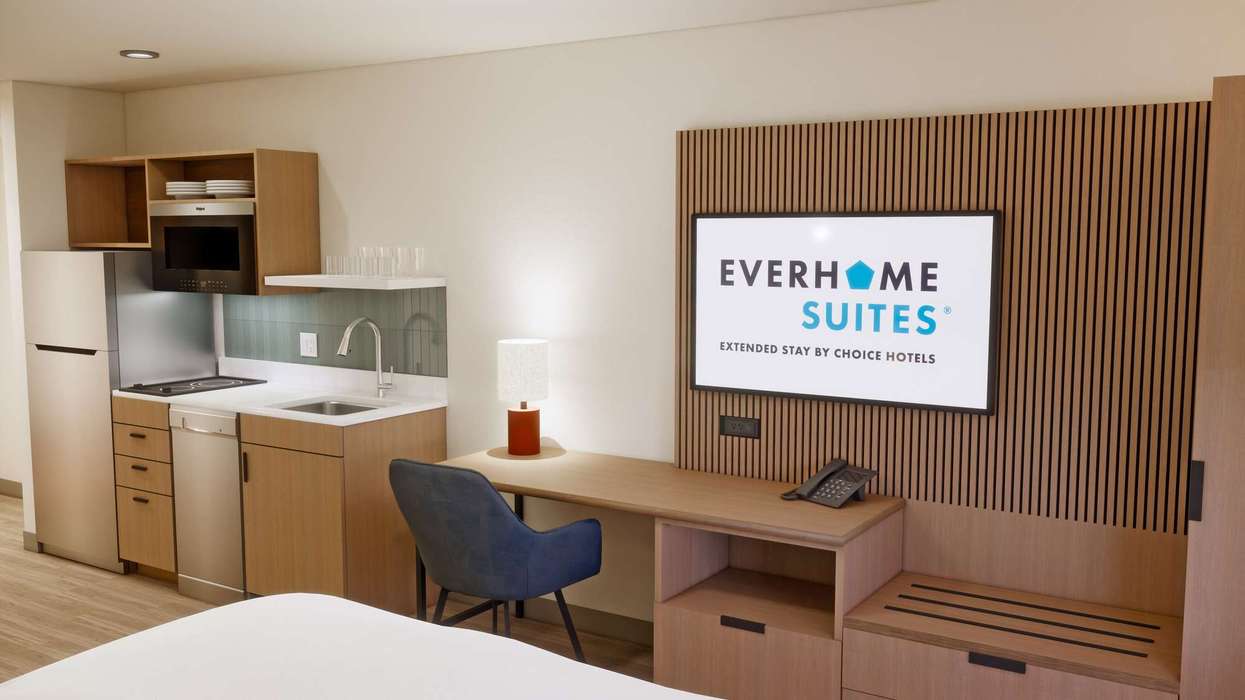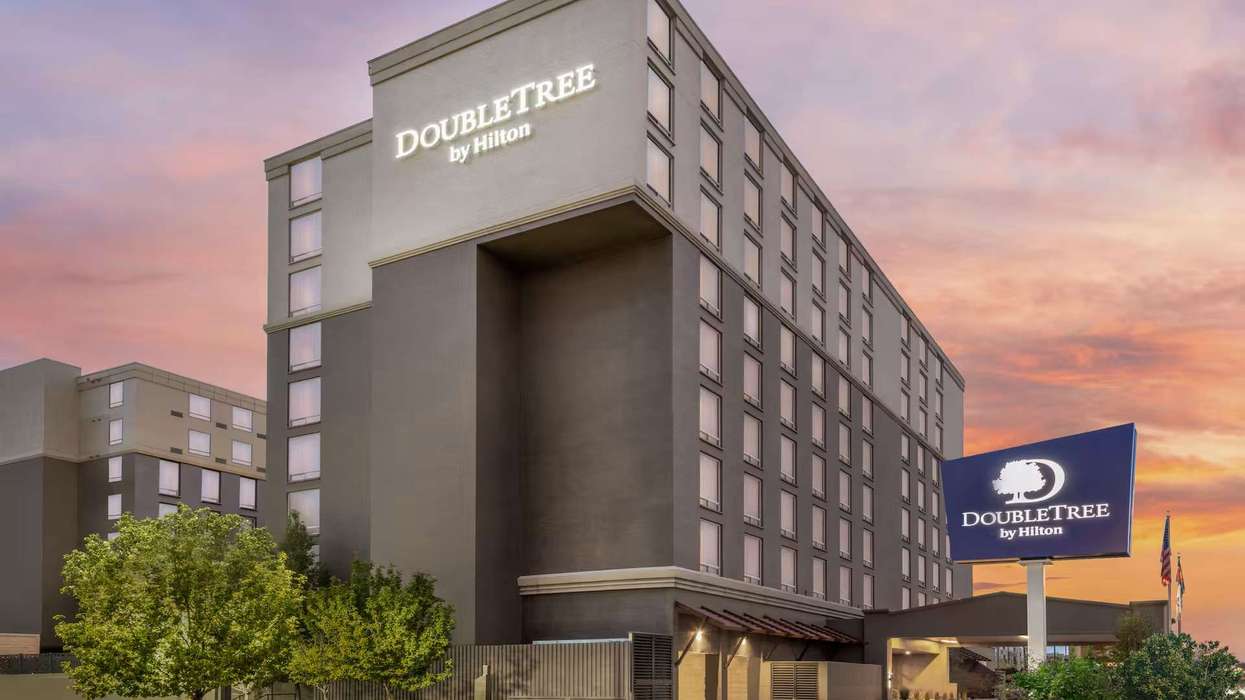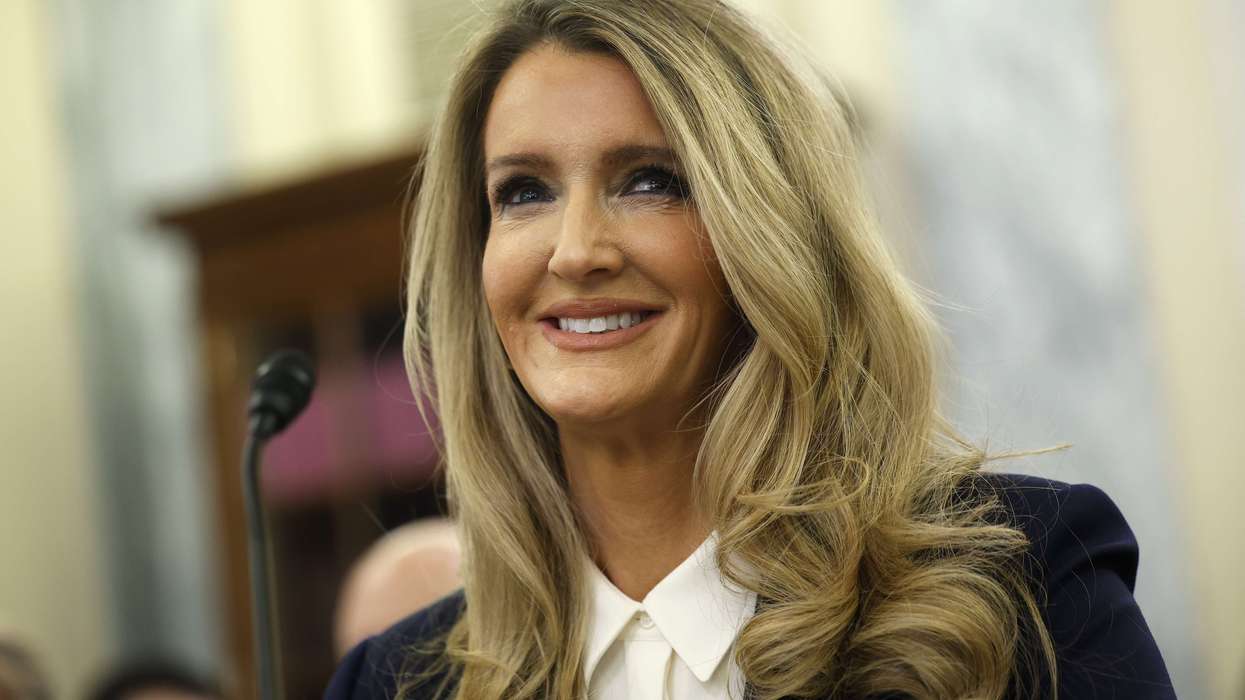THE REST OF 2020 may be very hard to weather for the U.S. hotel industry as a result of the COVID-19 pandemic, but it is expected to see a rapid turnaround in 2021 with a return to pre-crisis levels of demand by 2022, according to CBRE Hotels Research. CBRE predicts the economy, and with it the industry, will surge once the outbreak is over.
CBRE projects occupancy in 2020 will drop a low as 26.2 percent during the second quarter to an average of 41 percent. Luxury hotels are expected to drop to 33.4 percent while economy hotels are projected to achieve the highest annual occupancy level, 46.4 percent.
“The U.S. lodging sector has been hit by two headwinds in 2020: a contraction in overall economic activity and the need for social distancing,” said Jamie Lane, CBRE’s senior director of research. “Accordingly, our current forecast calls for a 37 percent reduction in the number of room nights occupied in 2020 compared to 2019. There is some comfort knowing that travelers will be back on the road in full force within two years.”
ADR dropped 44 percent in April compared to last year, and the decline in occupancy was only part of the reason why, Lane said.
“Low occupancy levels and closures within the upper-priced segments will result in a disproportionate percentage of total U.S. demand accommodated at the lower-priced segments in 2020,” he said. “Conversely, in 2021, most of the new demand will be accommodated at reopened upper-priced properties at higher room rates. This skews the ADR growth rate upward.”
CBRE expects RevPAR to return to 2019 levels or better by 2023, but ADR will not fully recover until 2024. The overall decline is expected to lessen by the third quarter of this year and year-over-year growth will return by the second quarter of 2021, and assuming the coronavirus outbreak is contained the recovery should be speedy.
“Although the trough in 2020 lodging performance will be much deeper than anything we’ve seen in the past 80 years, much of this decline is not caused by underlying fundamental economic problems,“ said Bram Gallagher, CBRE’s senior economist. “Once social gathering restrictions are lifted, an expected return to the strong underlying economic conditions that existed before 2020 will restore economic production.”
However, if the pandemic and related social distancing and travel restrictions persist, CBRE forecasts the full recovery could be pushed back to 2025.
“Drive-to leisure destinations have been the first markets to show signs of recovery,” Lane said. “When people can drive in their own car, and then go directly into their own room, they have a sense of control and safety. Hotels oriented toward group meetings will likely lag in recovery as meeting attendees get reacclimated to being close to large numbers of people.”
Previously, STR and Tourism Economics downgraded their forecast for the U.S. hotel industry’s performance in 2020 from the previous forecast given in late March. They now project a 57.5 percent decline in RevPAR in 2020 followed by a 48 percent increase in 2021 while previously they had projected a 2020 RevPAR decrease of 50.6 percent followed by a 2021 increase of 63.1 percent.





